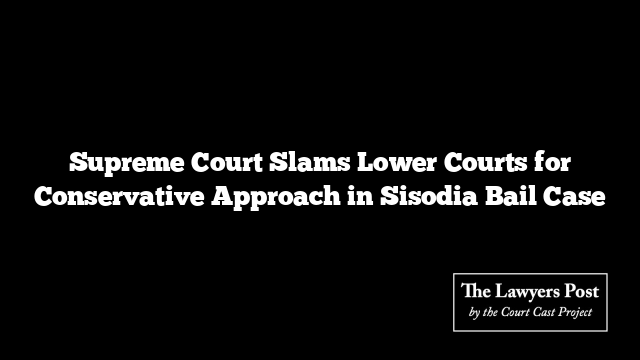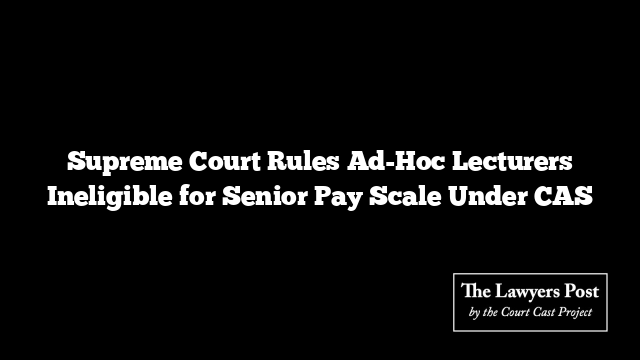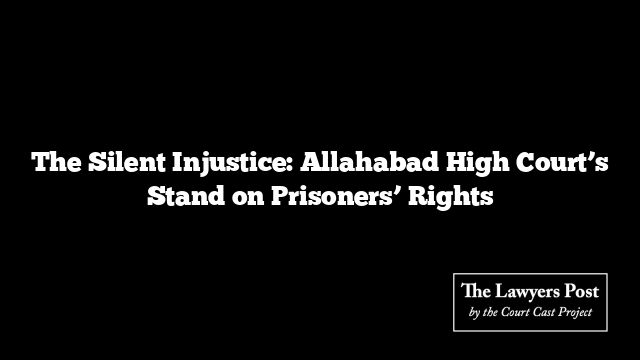The Supreme Court delivered a stern rebuke to the lower courts on Friday, criticizing them for their overly cautious approach to bail matters, particularly in the case of Manish Sisodia, the former Deputy Chief Minister of Delhi. The justices stressed that the principle of “bail as the rule and jail as the exception” must be firmly upheld, rather than ignored.
This significant commentary came as the Supreme Court granted bail to Sisodia, who had been repeatedly denied bail by both the trial court and the Delhi High Court. These courts had earlier rejected his third round of bail pleas related to the Delhi excise policy case, pushing Sisodia to seek relief from the Supreme Court once again.
The bench, comprising Justices BR Gavai and KV Viswanathan, made it clear that denying bail as a form of punishment is not in line with judicial principles. The court expressed its concern over the trend of “playing it safe,” where lower courts appear reluctant to grant bail, thereby compromising the fundamental principle of personal liberty.
This observation echoes sentiments previously voiced by Chief Justice of India, DY Chandrachud, who, in a speech earlier this year, pointed out the growing reluctance of district courts to grant bail, a trend he argued requires urgent attention and rectification.
The case against Sisodia involves allegations that officials in the Delhi government manipulated the excise policy to benefit certain liquor vendors in exchange for bribes, which were allegedly funneled into the Aam Aadmi Party’s electoral campaigns in Goa. Despite two earlier bail refusals, Sisodia approached the Supreme Court after the filing of a chargesheet, and the Court ultimately decided in his favor.
The Supreme Court underscored that sending Sisodia back to the trial court for yet another round of bail pleas would be a “travesty of justice,” likening it to a game of “snake and ladder.” The Court concluded that with no foreseeable end to the trial in sight, keeping Sisodia in jail would be a clear violation of his rights under Article 21. Additionally, the Court reasoned that given the nature of the evidence, largely documentary and already secured, there was minimal risk of tampering.
With these considerations, the Supreme Court granted Sisodia the bail that had been denied by the lower courts, reaffirming the judiciary’s commitment to the principle of liberty.





